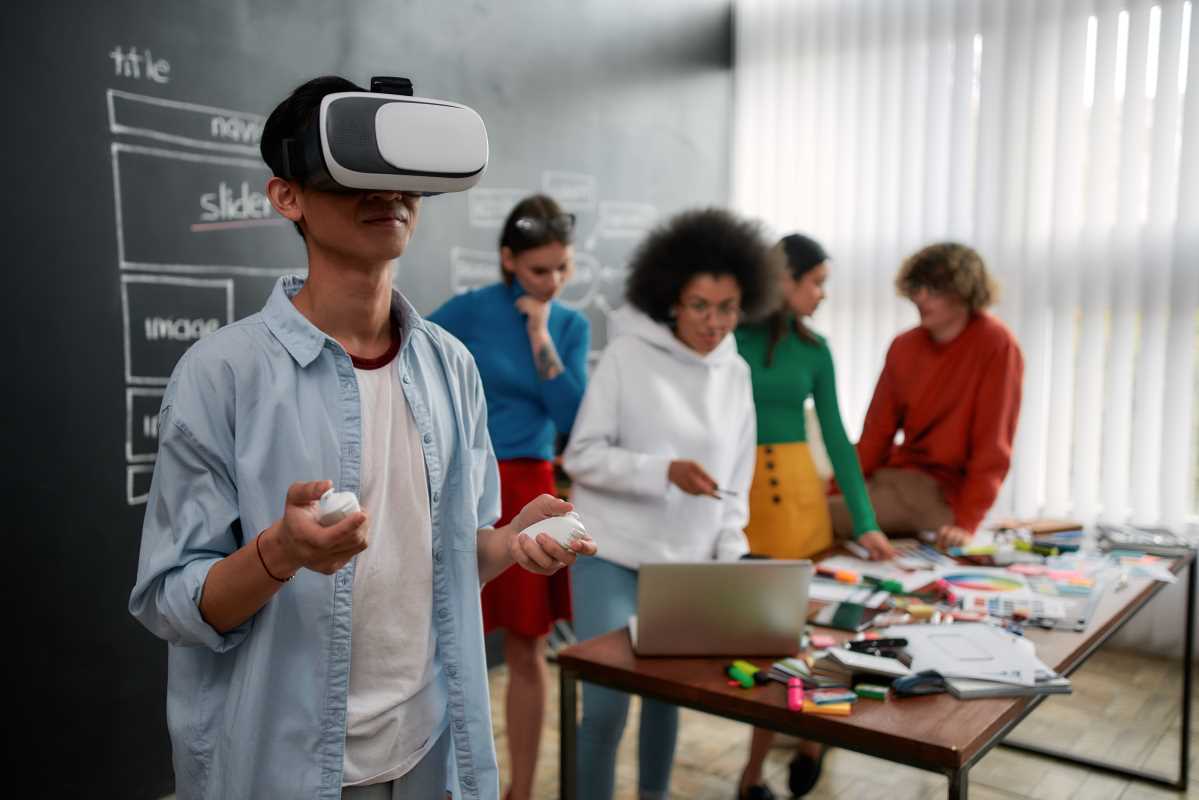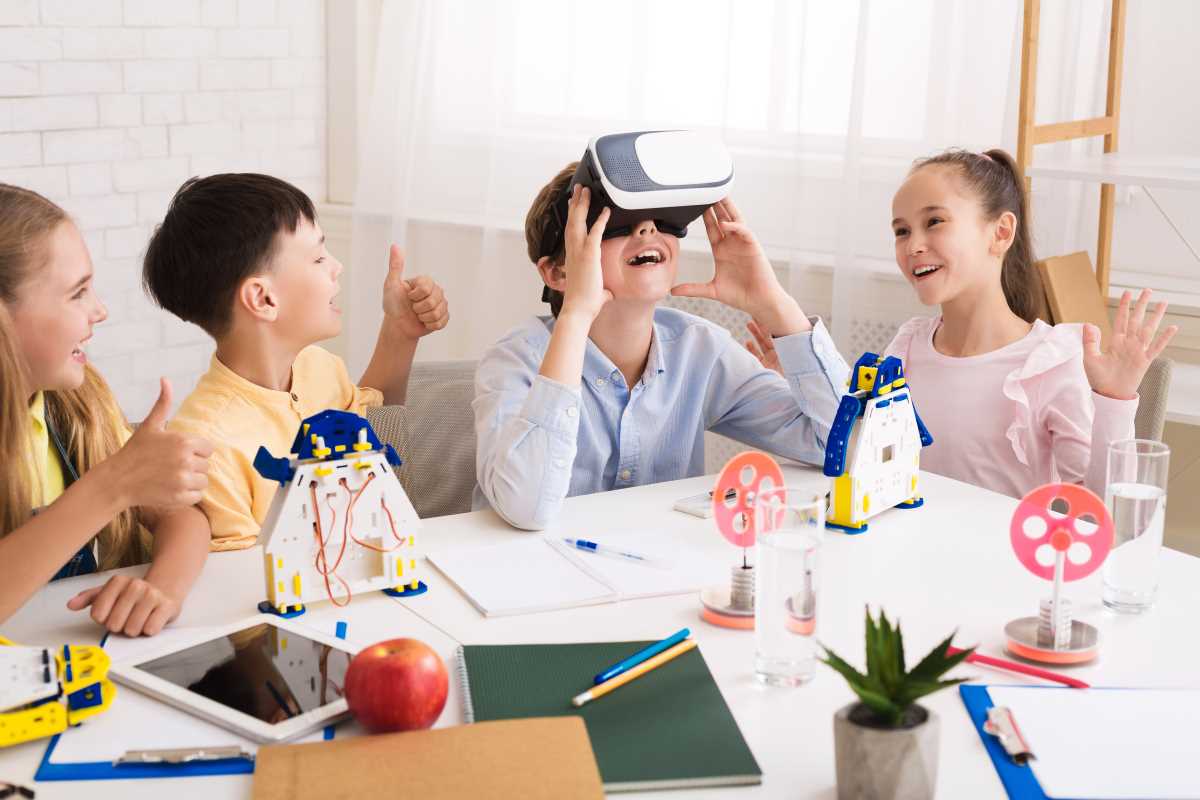Every student learns differently, with unique strengths, challenges, and interests that shape how they absorb and apply knowledge. Traditional classrooms often struggle to meet these diverse needs with one-size-fits-all instruction. However, with the rise of artificial intelligence, real-time customization in education is becoming a practical solution rather than a distant goal. Schools now have the tools to instantly adapt lessons, feedback, and resources to each learner, creating highly personalized and engaging educational experiences. By integrating AI into classroom environments, educators can better support individual progress, encourage deeper understanding, and foster a more inclusive and effective approach to teaching and learning.
Understanding Real-Time AI Customization in Education
Real-time AI customization changes traditional classrooms by addressing the diverse needs of each student as they learn. This approach ensures that every learner receives the appropriate resources and support exactly when they need it, enhancing overall educational outcomes.
- Personalized learning paths that adjust based on student performance.
- Immediate feedback to help students understand and correct mistakes.
- Adaptive assessments that evaluate a student's knowledge without the pressure of standardized testing.
Key AI Approaches for Personalized Learning
Implementing AI in education involves several approaches that work together to create a customized learning experience. These approaches utilize data and machine learning to ensure that education responds effectively to every student.
- Adaptive Learning Platforms: These systems analyze student interactions and progress to modify content delivery in real time.
- Intelligent Tutoring Systems: AI-driven tutors provide personalized guidance and support, mimicking one-on-one teaching.
- Predictive Analytics: By forecasting student performance, educators can intervene early to address potential challenges.
- Natural Language Processing: This allows for the development of advanced tools like chatbots that assist with student inquiries and provide explanations.
Each of these approaches plays a crucial role in shaping a learning environment that is both flexible and responsive. By continuously analyzing data, AI ensures that educational content remains relevant and engaging for all students.
Benefits and Challenges of AI in Education
The integration of AI into education offers numerous benefits that significantly enhance the learning experience. Personalized learning leads to improved student engagement, better retention of information, and higher academic performance. AI can also lessen the workload on teachers by automating administrative tasks, allowing them to focus more on instruction and student interaction.
Implementing AI presents challenges as well. Concerns arise about data privacy and the ethical use of student information. Ensuring that AI systems remain free from biases is crucial to providing fair and equitable education to all learners. The cost of integrating advanced AI technologies can also pose a barrier for some educational institutions, particularly those with limited resources.
Current Implementations of AI in Classrooms
Many schools embrace AI to enhance their educational offerings. For instance, platforms like DreamBox and Smart Sparrow actively customize education by providing adaptive learning experiences that respond to each student's unique needs. These tools analyze student interactions in real time, adjusting the difficulty of tasks and providing targeted resources to help learners overcome specific challenges.
Another example includes the use of AI-powered chatbots, which assist students outside of regular classroom hours by answering questions and providing explanations on various topics. This not only supports continuous learning but also helps students develop independent problem-solving skills. These implementations demonstrate the practical benefits of AI in creating more interactive and responsive learning environments.
The Future of AI in Personalized Education
As technology evolves, the future of AI in personalized education looks promising. Emerging AI approaches will further revolutionize how education delivers, making it even more tailored to individual needs. Innovations such as augmented reality (AR) and virtual reality (VR) integrated with AI can create immersive learning experiences that enhance understanding and retention.
Advancements in machine learning algorithms will enable AI systems to better predict and respond to student needs, making education more proactive. This shift will allow educators to focus on nurturing creativity and critical thinking, essential skills for the future workforce. The ongoing development of AI technologies promises a more inclusive and effective educational landscape for all students.
AI-driven customization is transforming education by delivering personalized learning that adapts to each student’s needs, making teaching more effective and responsive.
 (Image source: Midjourney)
(Image source: Midjourney) 





